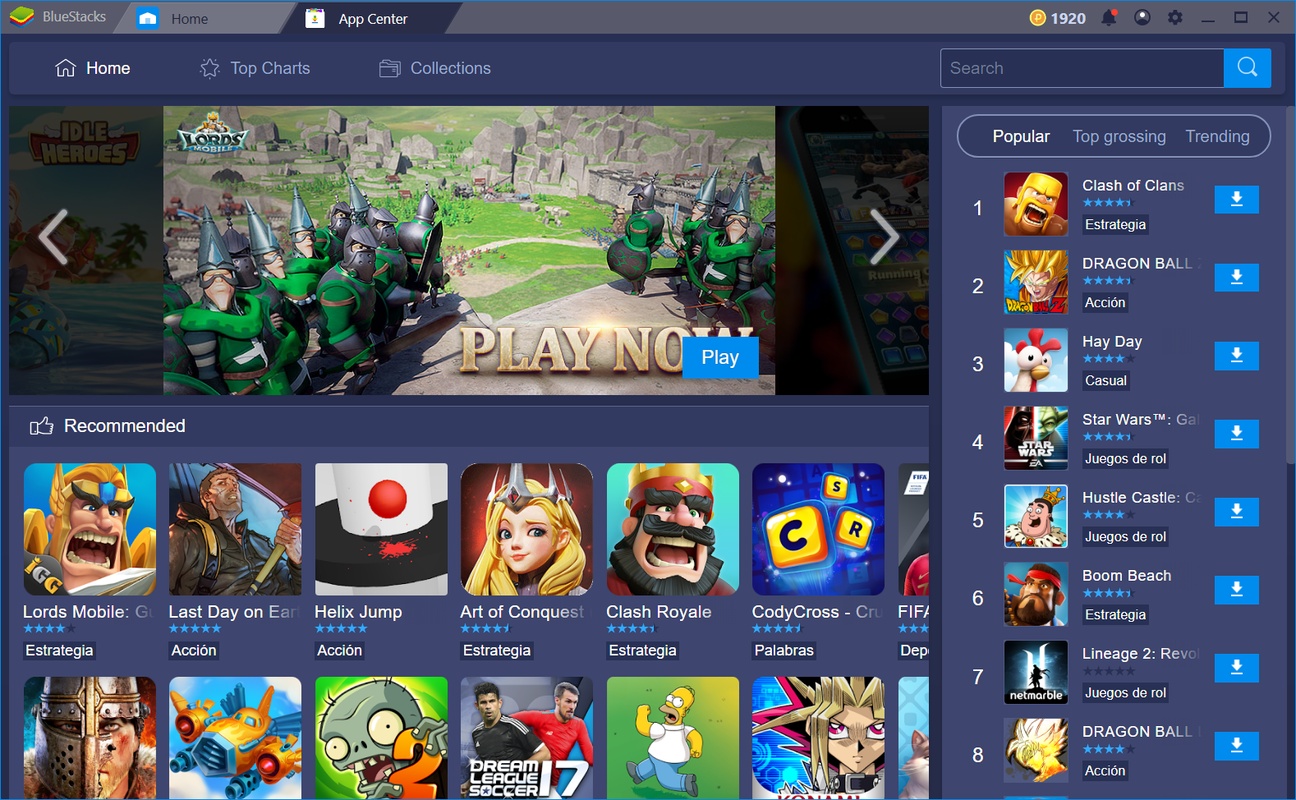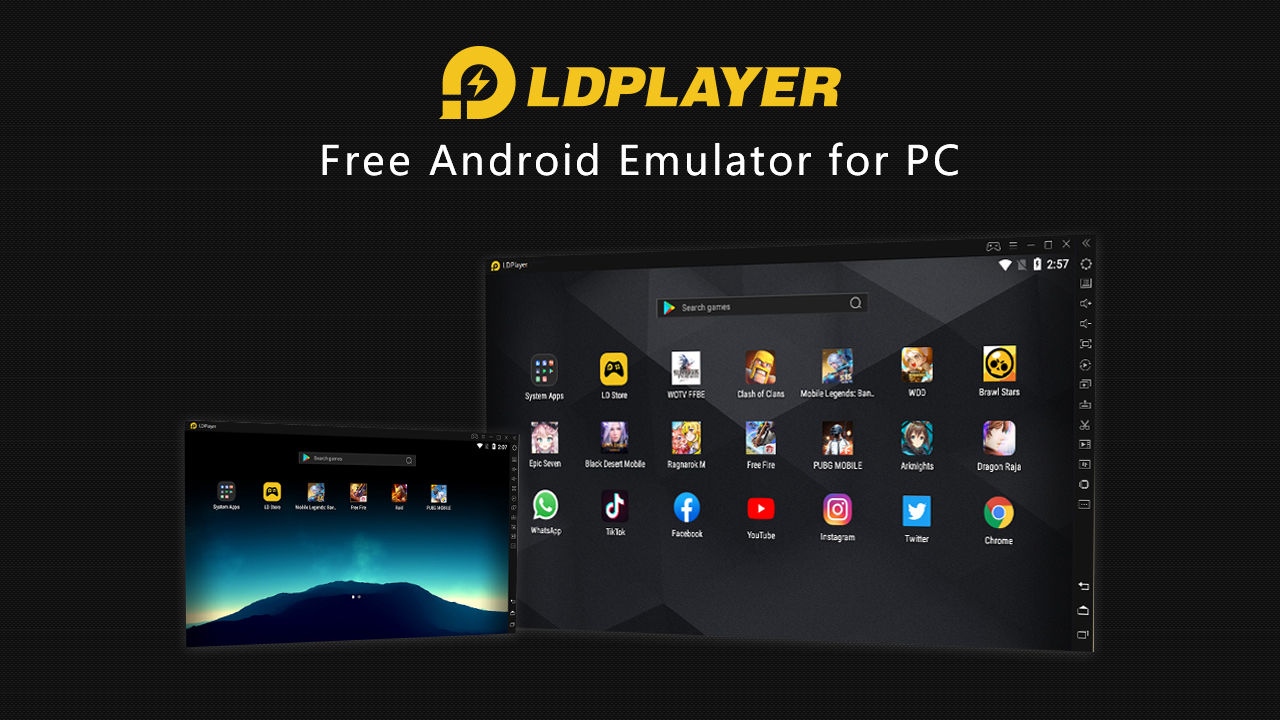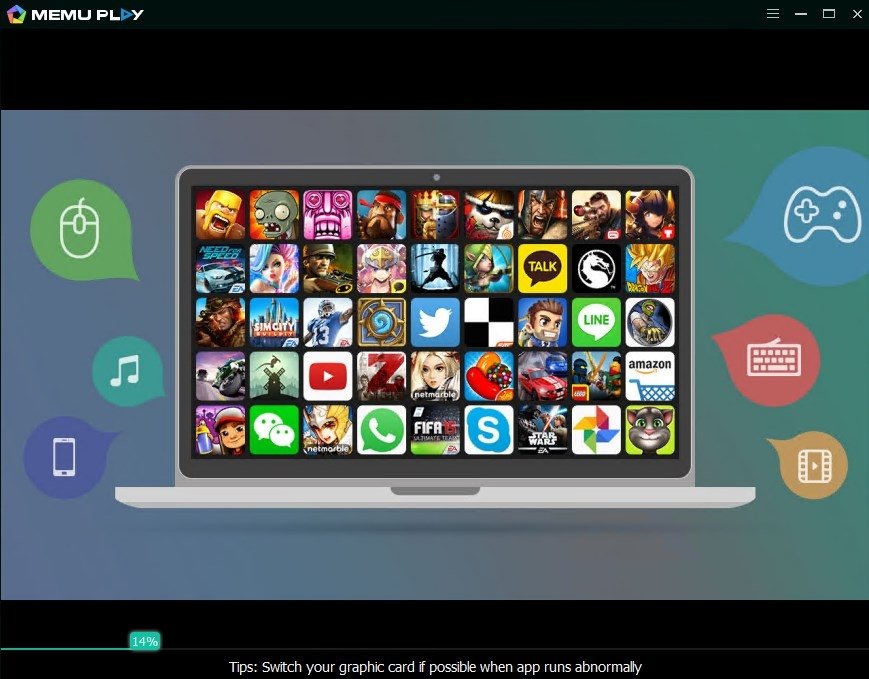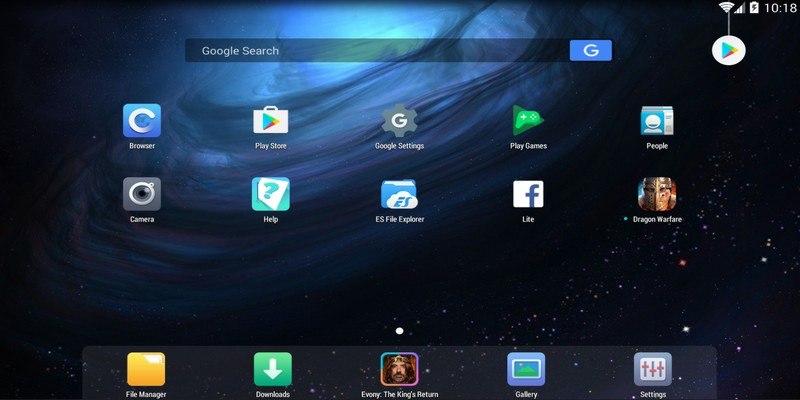There are many legitimate reasons why someone would want to run an Android emulator on their PC.
One of the reasons why people prefer to play android games using emulators, namely because the screen size is larger and the control is easier, we can use the keyboard, mouse, or Gamepad / Joystick.
There are three main uses of emulators. The first is the most common and for playing games. Gamers can use emulators on their computers to make some games easier to play. They don't have to rely on the battery life of their device and the presence of macros and other tricks help the process. In most cases, these little tricks aren't illegal (in most games) so no one really takes issue with them.
The second most common use case is development. Android app and game developers love to test apps and games on as many devices as possible before launch. Fortunately, Android Studio comes with an "Android Virtual Device" (AVD) that keeps all the other emulators out of the water in terms of performance and functionality. The only drawback for non-developers is that it comes with the installation of Android Studio and the space-hungry Android Software Development Kit (SDK). Of course, this is not a problem for developers who already have all the necessary software on their machines.
The last major type is productivity. This is hardly common because Chromebooks are cheaper and better for using Android apps on something other than phones and most productivity tools are cross-platform. Any game emulator serves as a productivity emulator to some extent.
1. Bluestacks
LDPlayer is a lightweight Android emulator that focuses on game performance. Running Android Nougat 7.1, it features a regular set of gamer-oriented features, including good keyboard mapping controls, multi-instance, macro, high FPS, and graphics support. It supports many games, including Epic Seven, Clash of Clans, Arknights, and many others. It is one of the few emulators on the list that gets active updates to improve compatibility. In the latest version, LDPlayer has optimized the smooth running of Free Fire & Mobile Legends and improved device restrictions in Moonlight Sculptor. In addition, LDPlayer is also a complete emulator for using TikTok, Instagram, and other popular apps. It borrows a bit of design from Bluestacks, but that's not a bad thing. It's all good and should bite off most of the need.
3. Memu Emulator
MeMU is another amazing Android emulator that seems quite suitable for gamers. One of its biggest features is support for AMD and Intel chipsets. Most work on AMD processors, but it's nice to see developers specifically pay attention to AMD platforms. In addition, it supports Android Jelly Bean, Kit Kat, and Lollipop. You can even run multiple instances at once for multiple games or testing features. It aims for gamers like Bluestacks and similar emulators but can also be used as a productivity tool. The premium version runs for $2.99 per month and disables ads, adds more customization options, and enables premium support options. Emulators get updates quite often. You can check out the latest releases here if you want to see the latest of these one.
4. Gameloop










